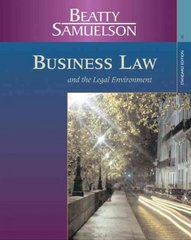Question
For several years now, U.S. airlines have charged coach passengers to transport bags as separate cargo. This practice has induced many passengers to pack more
For several years now, U.S. airlines have charged coach passengers to transport bags as separate cargo. This practice has induced many passengers to pack more items into carry-on bags that they stuff under seats or into overhead compartments.
American Airlines has been assigning coach boarding-group numbers randomly, rather than by groups of rows starting with the rear of the plane and ending with the front coach rows. Under the latter boarding method, many people with seats at the rear of a plane tend to place their carry-on bags in compartments near the front of the plane. Then people arriving in the front at the end of the boarding process spend time scrambling to find places to stow their carry-on. In contrast, under a randomized boarding process that ignores row locations, coach passengers are more likely to stow their bags near their seats. This mode of passenger behavior speeds the overall boarding process by several minutes, thereby ensuring that more flights depart on time.
Suppose the airline has established a system of boarding fees in which passengers wishing to be among the first to board a plane pay the highest fees. Would such a system likely reduce or lengthen boarding times? Why?
Step by Step Solution
There are 3 Steps involved in it
Step: 1

Get Instant Access to Expert-Tailored Solutions
See step-by-step solutions with expert insights and AI powered tools for academic success
Step: 2

Step: 3

Ace Your Homework with AI
Get the answers you need in no time with our AI-driven, step-by-step assistance
Get Started


